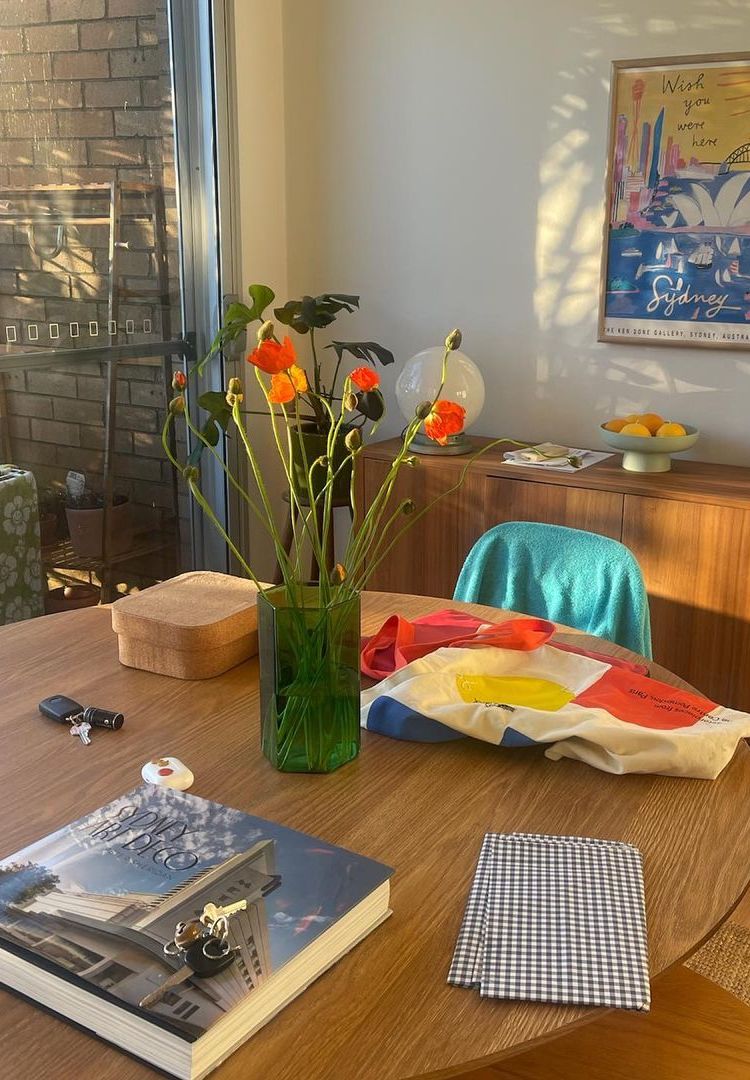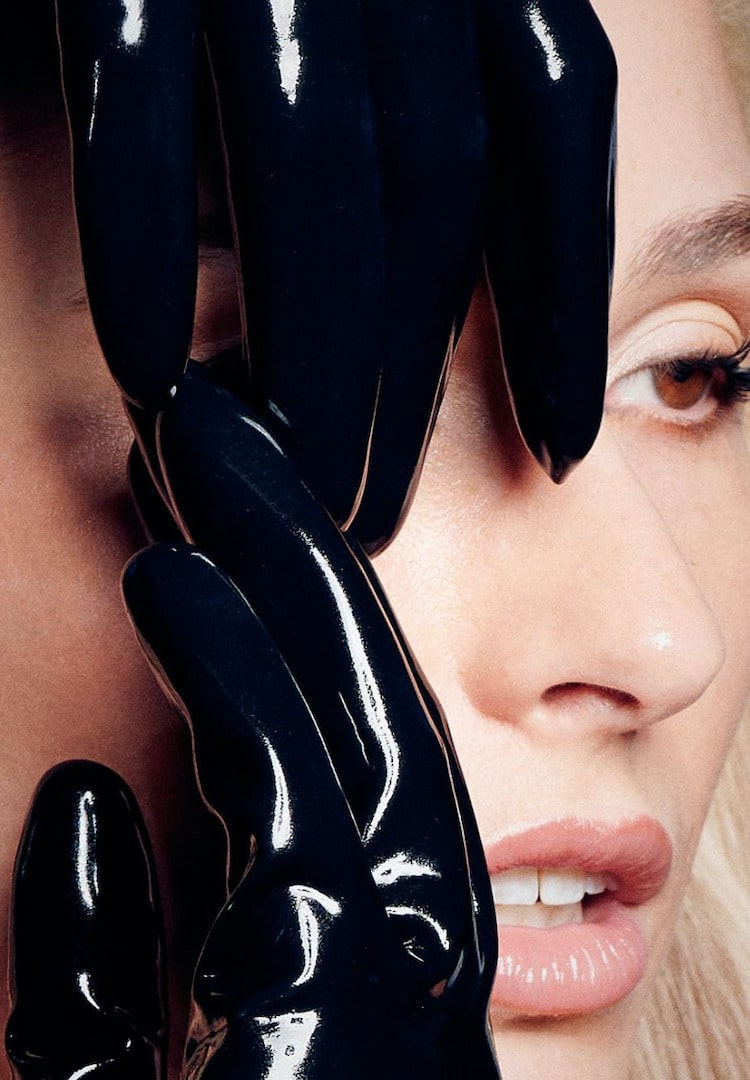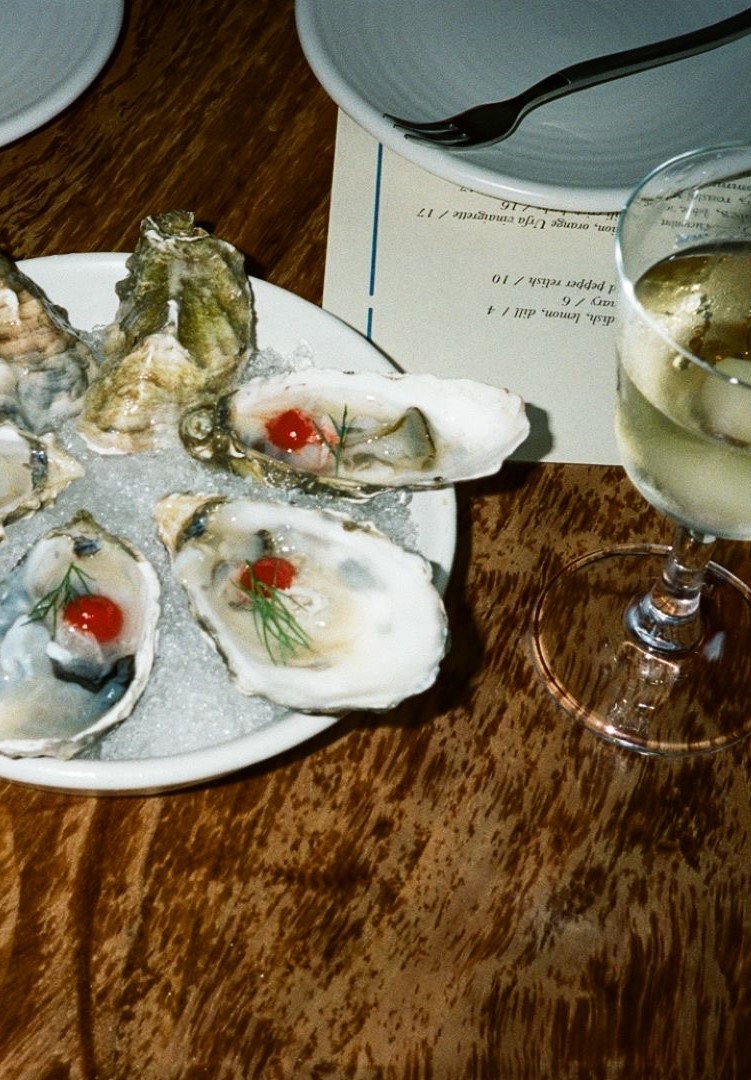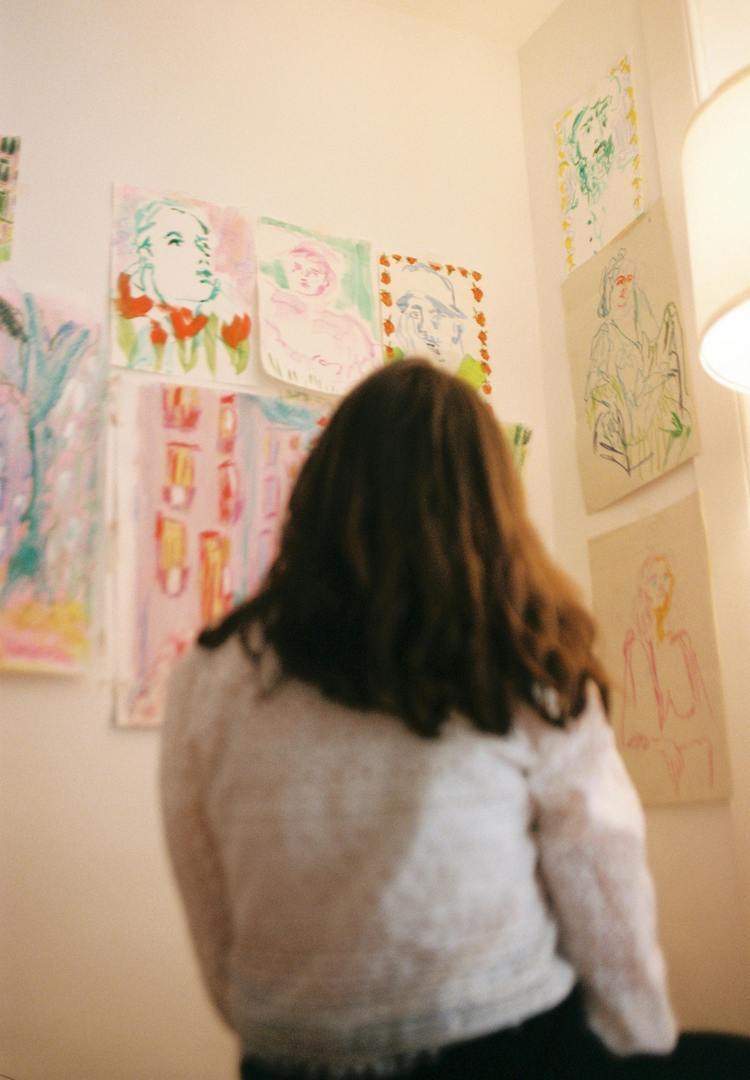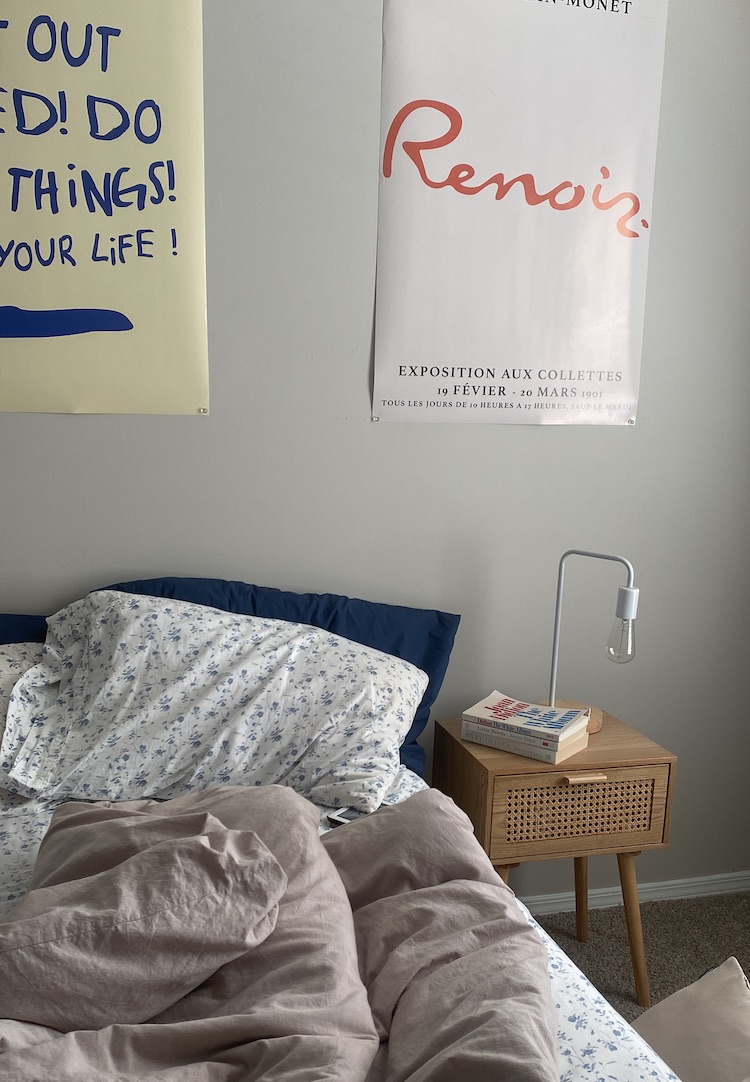Here’s what happened when I reactivated my Grindr profile after a two-month break
WORDS BY TOM DISALVO
What motivates my cycle of deleting and reactivating?
Upon reopening my Grindr homepage after a few months’ hiatus, I’m greeted by the same old staples: shirtless torsos, post-gym selfies and enough explicit requests to create a fanfic novel titled 50 Shades of Gay. After a few mindless scrolls and near-acrobatic dodges of asshole pics, I realise that despite my months-long absence, the interactions unique to Grindr have remained much the same.
Granted, there seem to be a few minor changes upon my return. The sugar daddy bots appear to have changed their profile pictures (albeit to a different angle of the same bicep), and my willingness to go along with their scams has reached near-dangerous levels. But as enticing as $500 for a sock pic may seem, I realise with the same brevity it took to re-download the app that, by and large, there’s nothing keeping me here.
For more thought-provoking content, tap through to our Life section.
On a purely interpersonal level, the direct messages with other Grindr users remain just as shallow, and the pleasantries exchanged before inevitable hosting arrangements are just as thinly veiled. In the Grindr handbook, small talk is taken in its literal sense, as messages consisting of more than one word remain a bonafide rarity (‘Nice’ appears to be the reply of choice, followed closely by ‘Host?’, ‘Pics?’ and ‘Looking?’).
The recycled interactions confirm what I’d already suspected upon returning to the app – that despite reading the word some 15 times, I hadn’t found whatever I was ‘looking’ for. And within mere hours of reinstalling, I’ll no doubt delete Grindr yet again.
In my reactivation era
This experience is common during what I deem my ‘Grindr reactivation’ era. So cyclical has my pattern of deleting and reinstalling the app become that it warrants its own titled timestamp, similar to that of my ‘gaymer’ and ‘gym bro’ eras (the last of which I’ll get around to actioning next month).
This most recent Grindr reactivation follows a two-month period of abstinence, which succeeded yet another bout of usage earlier this year. This pattern of installing and uninstalling has characterised my relationship with Grindr since my ‘baby gay’ era. It’s an unbreakable cycle that hasn’t yet yielded anything of substance (except a potential $500 cheque from a sugar daddy bot).
What’s with this cycle of deleting and reactivating dating apps?
Why do I find myself constantly reinstalling? Taken as an analogy, my constant return to something so fruitless is akin to re-patronising a cafe that continually messes up my iced latte (a true cliche, but I digress). And yet, every time I mount my moral high horse to once again farewell the humble username ‘XXXXL’, I’m cognizant of the fact that – somewhere down the line – I’ll have to saddle up once more.
A quick scan of Reddit will reveal hundreds of users also in the throes of their own de/reactivation cycles. One user brilliantly likens the behaviour to that of constantly reopening an empty fridge. “Maybe this time!”, they write. “Nope, same old shit.”
Flippant as the comparison may be, it speaks to a nugget of truth echoed by myself and fellow Redditors: that the promise of something titillating, be it a sincere compliment or a much-divisive ‘tap’, is often enough to equalise what are the much duller realities of Grindr.
Redditors speak of this push-pull dynamic with frequency. They discuss the favourable emotional drivers that first push them towards reinstalling, citing male validation, arousal and connectedness with the gay community as key reasons for their return.
An emotional pull
What they’re met with, however, is a host of less favourable emotions like regret, disgust and boredom – which in turn, prompts their departure from the app yet again. One Kris Jenner meme later and the cycle is re-enacted.
These insights shine a light on what motivated my latest ‘reactivation era’. On one end of the spectrum, Grindr can be a safe place. It can be a place for same-sex affection, desire and exploration. It can be a place to see and be seen in a broader society that doesn’t expressly permit these kinds of interactions.
But ultimately, there’s a catch. Whatever pleasure users glean from a positive exchange is ultimately muddled by Grindr’s pain points – namely anyone who claims to be ‘Masc 4 Masc’.
It stands to reason that these mutually constitutive emotions – at once enticing and repulsive – have informed my cycle of reactivation and deactivation. Using the app feels like a merry-go-round of coy banter followed by decidedly less coy nude requests and – perhaps most frustratingly – 30-second ads for a video game titled Homescapes.
What’s the psychology behind the Grindr reactivation cycle?
But as handsome as the animated, moustachioed landscaper might be (I lament those ad-free Premium users who are yet to meet him), he’s ultimately lost among Grindr’s yellow-black void of inconsistency. Lik Sam Chan, a research professor at The University of Hong Kong, wrote the book on this kind of thing.
Last year, he authored the study, The Politics of Dating Apps. One chapter, titled ‘Cycles of Uninstalling and Reinstalling’, looks specifically at the push-pull pattern inherent in apps like Grindr. Chan confirms this when we chat over the phone.
“Using gay dating apps such as Grindr… brings various kinds of emotions,” Chan says. “The key issue here is that users experience these conflicting positive and negative emotions at the same time, and that’s why they delete these apps only to reinstall them again.”
Chan’s research pointed to three specific emotions encountered by Grindr users: joy, anger and disgust. Joy, Chan found, is mostly observed as a result of users’ connectedness to their community, while anger and disgust are developed out of feeling harassed and deceived.
What emerges is a hotpot of incongruent feelings or, as Chan puts it, a site of “ambivalent emotional threads that constitute the Grindr user’s experience.” Continuing on, Chan says it’s the “intersection of these emotional threads [that] pushes users to keep uninstalling and reinstalling.”
Goodbye for now
So, while an unsolicited nude might cause a user to delete the app (and promptly burn their eyes out), that feeling of disgust is often matched by Grindr’s more pleasurable moments – as infrequent as they may be.
These sentiments are personified by Grindr’s frequent users – the sugar daddy bot. Enticing as his well-lit profile might seem, the promise of that positive emotion is ultimately mooted by reality. His interactions (and most certainly his supposed bank accounts) are likely empty.
Or perhaps it’s not that deep. Perhaps my drunken reactivation of Grindr should be read on the same surface level inherent in every shirtless torso. In any case, I’m saying goodbye to Grindr – for now. See you (and hopefully that Homescapes gardener) in a couple of months’ time.
For advice on how to use dating apps safely, head here.



